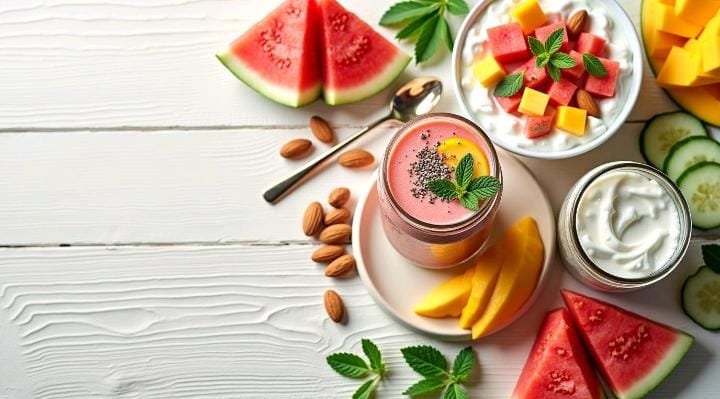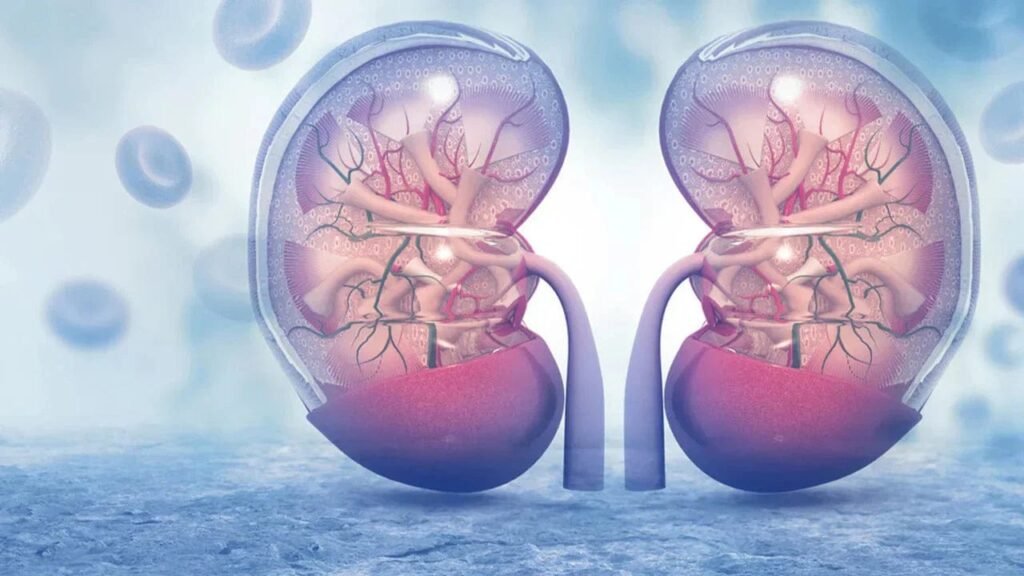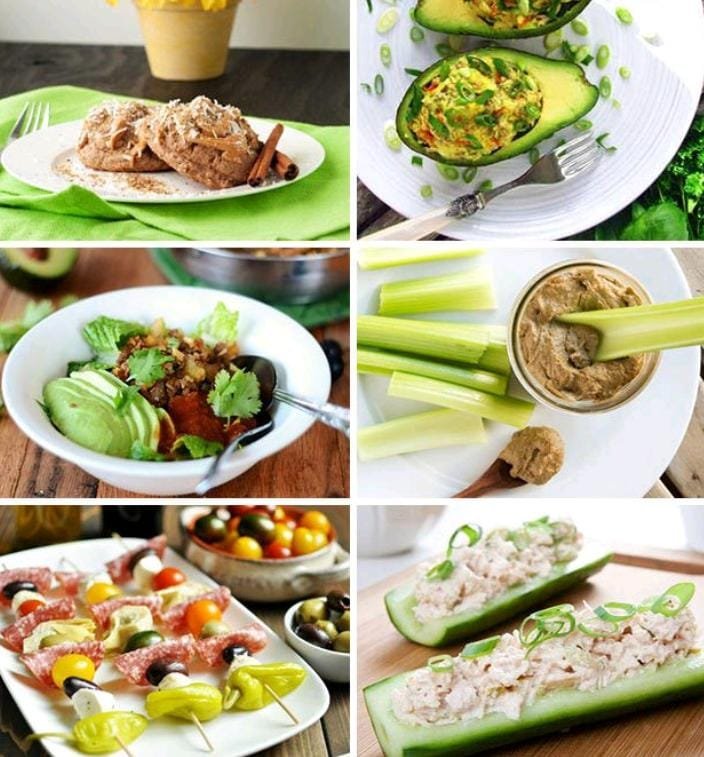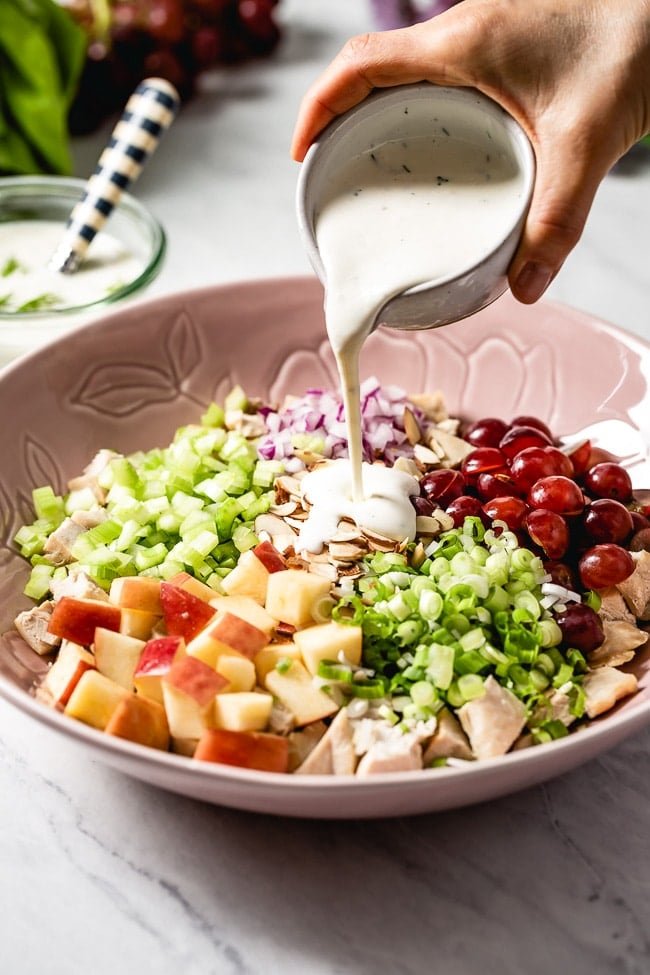
High Protein and High Fiber Foods for Gut Health
Maintaining a healthy gut is one of the best things you can do for your overall well-being. A balanced gut supports digestion, boosts immunity, and even improves mood. Among the many factors that influence gut health, high protein and high fiber foods play an essential role. Protein helps in repairing tissues and supporting muscle function, while fiber nourishes the good bacteria in your intestines and promotes smoother digestion.
In this article, we will explore how protein and fiber impact your gut, the best food sources, and simple ways to add them to your daily meals.
Why Gut Health Matters

Your gut is often called the “second brain” because it influences more than just digestion. It is home to trillions of microorganisms, collectively known as the gut microbiome. When your gut microbiome is balanced, you experience better energy levels, reduced inflammation, and stronger immunity. On the other hand, poor gut health can lead to issues like bloating, constipation, low energy, and even anxiety.
Eating protein-rich and fiber-rich foods is one of the easiest ways to keep your gut microbiome happy and healthy.
The Role of Protein in Gut Health
Protein is a vital macronutrient that provides amino acids, the building blocks of the body. While protein is commonly linked to muscle growth and strength, it also affects gut health in several ways
- Supports tissue repair: The lining of your digestive tract is constantly regenerating. Protein helps repair and maintain these tissues.
- Boosts satiety: High-protein meals keep you full longer, which may help reduce overeating and stress on the digestive system.
- Balances gut bacteria: Certain protein sources, especially plant-based proteins, can promote the growth of beneficial bacteria.
However, it’s important to choose clean, lean sources of protein. Excessive intake of processed meats or unhealthy proteins may negatively impact gut health.
The Importance of Fiber for a Healthy Gut
Fiber is the unsung hero of gut health. It’s a type of carbohydrate that your body cannot fully digest. Instead of breaking down in the stomach, fiber moves through the digestive system and becomes food for the good bacteria in your intestines.
Here’s how fiber supports the gut:
- Feeds good bacteria: Prebiotic fibers nourish probiotics (the good bacteria).
- Improves bowel movements: It prevents constipation and promotes regularity.
- Reduces inflammation: Fiber-rich diets are linked with lower risk of digestive disorders.
- Supports weight management: Fiber adds bulk to meals, helping you feel fuller without overeating.
Best High Protein Foods for Gut Health

Adding protein to your meals doesn’t have to be complicated. Here are some gut-friendly options:
1. Greek Yogurt
Rich in protein and probiotics, Greek yogurt supports both muscle recovery and gut microbiome balance.
2. Lentils
Packed with plant-based protein and fiber, lentils are easy to digest and highly nutritious.
3. Eggs
Eggs are a complete protein source that’s gentle on the stomach and versatile in cooking.
4. Chicken Breast
A lean protein that helps maintain muscle mass without putting extra stress on digestion.
5. Tofu and Tempeh
Soy-based protein sources that also contain compounds supporting healthy gut bacteria.
Best High Fiber Foods for Gut Health
Fiber is widely available in plant-based foods. Here are some top choices:
1. Oats
A breakfast staple, oats are rich in soluble fiber, which supports smooth digestion.
2. Apples
Full of pectin, a prebiotic fiber that feeds good bacteria.
3. Chia Seeds
Tiny but powerful, chia seeds provide soluble fiber and omega-3 fatty acids for gut support.
4. Broccoli
A cruciferous vegetable that contains fiber and compounds that protect gut lining.
5. Beans and Legumes
Kidney beans, black beans, and chickpeas are loaded with fiber to promote regularity.
Foods That Combine Protein and Fiber

For maximum gut health benefits, aim for foods that offer both protein and fiber. Some excellent options include:
- Quinoa: A complete protein grain that’s also rich in fiber.
- Chickpeas: Provide plant-based protein and soluble fiber.
- Edamame: High in protein and fiber, great as a snack or salad topping.
- Nuts and Seeds: Almonds, flaxseeds, and sunflower seeds offer a healthy mix of both nutrients.
Easy Tips to Add Protein and Fiber to Your Diet
- Start your day with a bowl of Greek yogurt topped with chia seeds and fruit.
- Replace white rice with quinoa or brown rice.
- Add lentils or beans to soups and salads.
- Snack on nuts, seeds, or roasted chickpeas instead of chips.
- Try a veggie omelet with broccoli and spinach for a protein- and fiber-rich breakfast.
Final Thoughts
Gut health is the foundation of overall wellness, and what you eat has a direct impact on it. Incorporating high protein and high fiber foods not only keeps your digestive system happy but also strengthens immunity, enhances energy, and promotes long-term health.
By making small changes—like swapping refined grains for whole grains or adding more plant-based proteins—you can give your gut the care it deserves. Remember, a healthy gut is not built overnight, but consistent, mindful eating will bring long-lasting benefits.

Aiman Fatima
September 29, 2025“This is such a helpful guide! 🌿 I never realized how combining high protein and high fiber foods could make such a big difference for gut health. Definitely adding more oats, lentils, and chia seeds to my meals—thanks for the inspiration! 💚”